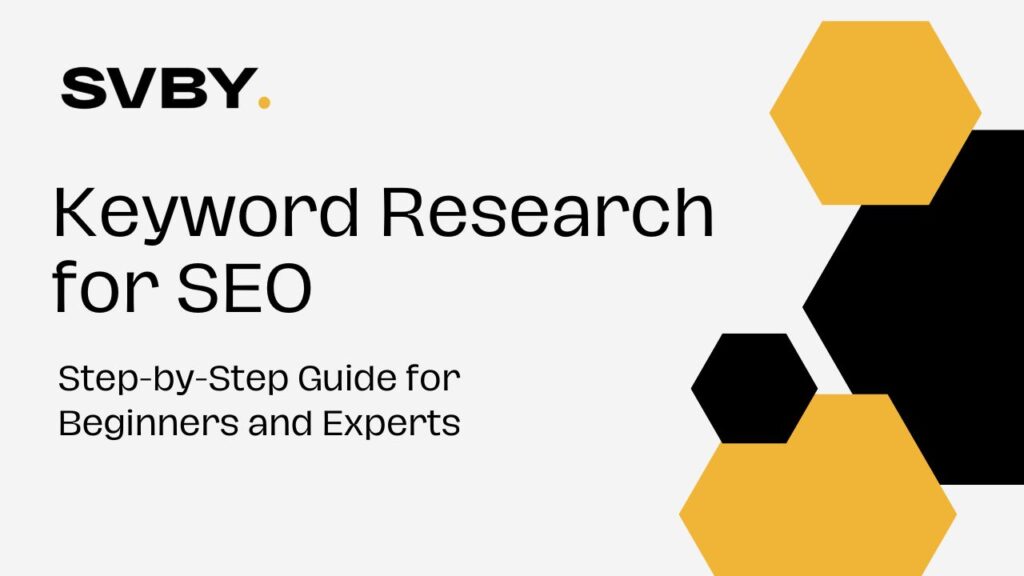Did you know that plagiarism can be classified as a criminal offense in certain circumstances? Some individuals may believe that it is not a significant issue to replicate someone else’s text without their consent. However, it is a punishable offense and you may encounter copyright complications.
What Is Plagiarism?
Plagiarism is the act of acknowledging the work of other content creators. The University of Oxford defines “plagiarism” as follows:
Placing someone else’s work or ideas as one’s own, whether with or without their permission, by incorporating them into one’s own work without complete acknowledgment is known as plagiarism. There are three types of plagiarism: intentional, irresponsible, and unintentional.
Your search engine optimization (SEO) may also be compromised by plagiarized content. Users may file complaints against you, which can have a detrimental impact on your website’s search engine optimization (SEO). Site crawlers and algorithms can also identify plagiarized content.
What is the mechanism by which online plagiarism operates? Plagiarists frequently select small sections of articles from various websites and combine them to generate a new work.
They utilize these chunks to create blogs and personal pages, treating them as if they were their own. Plagiarists may believe that they are able to get away with it, as duplicate content is not a negative ranking factor.
However, a significant number of individuals are unaware that plagiarized or duplicate content impedes the proper crawling and indexing of their websites by Google. Additionally, it is not ranking if it is not being crawled and indexed.
The success of your website’s search engine optimization (SEO) is contingent upon the addition of new, valuable content. Working with original content is the sole way to achieve a high ranking on search engine results pages (SERPs).
Effects of Plagiarized Content
It is crucial to bear in mind the following information if any of the content on your website has been plagiarized from other websites:
Plagiarism Affects the Quality of Content
In the online sphere, it is a common occurrence for the content you attempt to copy or paraphrase to already be a copy of high-ranking content. Numerous online articles have been duplicated from other sources and have already been paraphrased or rephrased.
This, of course, leads to a modification in the content’s significance. For instance, a single term may be transformed into what appears to be a synonym. However, this may inadvertently alter the content’s meaning entirely, as not all synonyms can be used in the same context.
This will affect not only the rankings of your site but also its reputation. Instead, prioritize original content that necessitates preliminary research and comprehension.
Google Won’t Rank Plagiarized Content
In the past, users had the ability to submit duplicate content that was stuffed with keywords in order to generate traffic. However, this is no longer the case, as search engines have consistently updated and refined their algorithms.
Individuals are employing a variety of strategies to maintain their position on the first page. However, the practice of leveraging the work of others to enhance one’s traffic and ranking on search engine results pages (SERPs) has been discontinued. It is advantageous to refrain from stealing, as it may incur severe penalties.
Search Engines Are Smart
In the present day, search engines are cognizant of the fact that individuals attempt to incorporate plagiarized data into websites. They are also aware of the location where it was first published, the individual who published it for the first time, and the time and date of publication.
This method assists them in identifying the optimal version of each piece of content. If the content was initially published on a website with a high ranking and authority, search engines will index that version and disregard yours.
It is possible that the content on your website was created by an individual other than yourself, and you are uncertain as to whether it is plagiarized. In this scenario, it is feasible to implement a plagiarism detection tool.
There are numerous plagiarism detectors available online, and it is imperative to identify the most suitable one in order to obtain an accurate outcome.
Following are several of the most effective plagiarism detectors that are employed by the majority of content writers:
- Pre-post SEO: is most effective in identifying paraphrased and word-for-word content
- Editpad – accurate results, no sign-up required, and entirely free
- Copyscape is a plagiarism detection tool that is of the highest quality.
How To Avoid It
Paraphrasing Content
Paraphrasing and rewriting the thoughts and ideas you wish to communicate is the most effective method of preventing content plagiarism. This method is highly dependable and beneficial for SEO strategies and content writing.
Set aside the requisite time to facilitate the creation of content from inception. You may be inclined to directly duplicate content when you are working within a restricted timeframe. Time is required to achieve quality.
The most effective method of paraphrasing is an online paraphraser, with manual paraphrasing being the second most effective.
Online tools are highly effective because they automatically identify the most suitable synonyms for your text and preserve the original intent of the content.
Additionally, they are effortless to operate; you simply input the text.
Citation/References
Proper citations and references can also be employed to prevent plagiarism. The writer’s credit can be acknowledged through the use of accurate and comprehensive citations. Content that is copied may be more acceptable when credit is given.

Additionally, you may incorporate quotations into your content to ensure its security. This is also a method of acknowledging the labor of another individual and will be considered a form of credit.
Conclusion
One effective method for preventing plagiarism is to conduct a thorough proofreading and content review. Additionally, the abundance of online content makes it feasible to inadvertently plagiarize work. Establish a routine of verifying the authenticity of your content using a tool, if there is any doubt. Finally, it is important to note that you have the option to either expunge, cite, or paraphrase any content that is identified as plagiarism.








